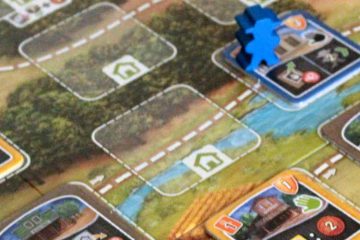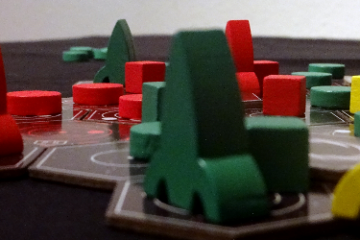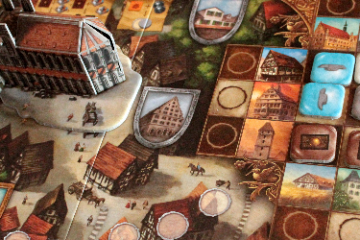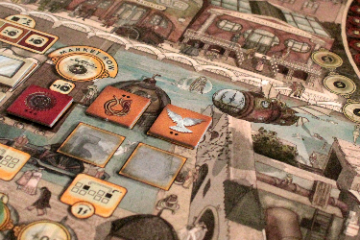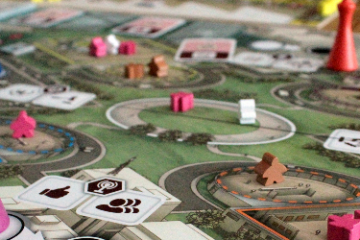Alexander Pfister’s Great Western Trail is a game about making old cowboys sad. When it starts the prairie is still wide open with only a few neutral buildings around. You drive small herds of mangy cattle to Kansas City. And if that cattle goes all the way to Santa Fe on the train then you can say it’s seen the wide world. The more the game progresses, the more buildings will clutter the prairie, the bigger and more expensive the herds get, and the further the cattle will be shipped. What makes the old cowboy sad will be the same thing that makes players happy, because every one of those developments is under the players’ control in their pursuit of victory points.
Read more